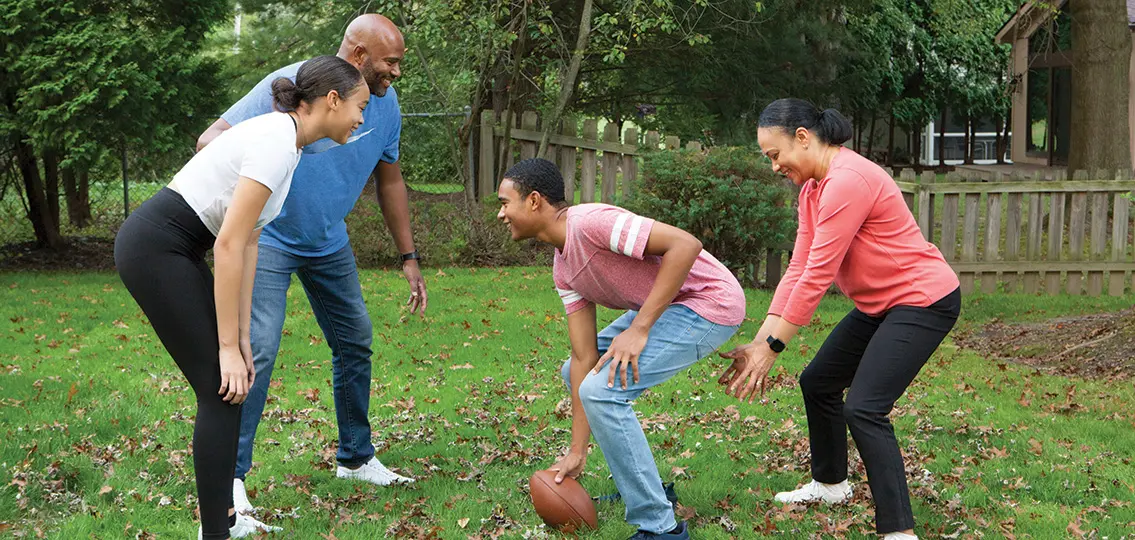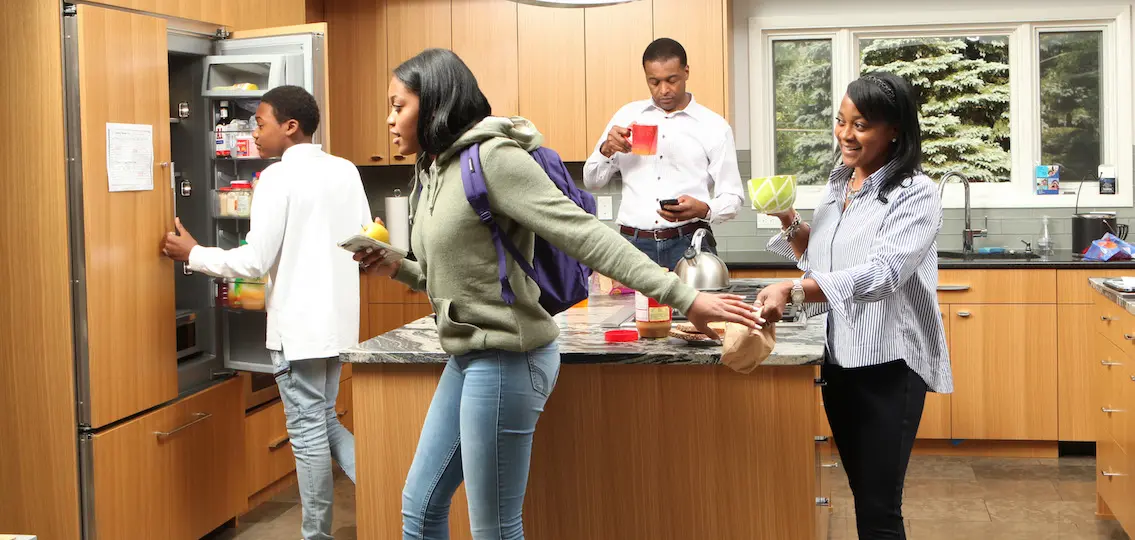New York Times bestselling author Bruce Feiler spent three years researching his book, The Secrets of Happy Families. He was frustrated about his family’s dynamic and thought there could be a better way. He wanted a happy family. Your Teen caught up with Feiler to learn his best findings from his research.

Q: What brought you to research the secrets of happy families?
Bruce Feiler: I wrote about happy families not because I had one, but because I wanted one. Our lives were chaotic and out of control. I wanted to know what happy families do right in order to make my family happier.
Q: Did you take any particular advice from your research?
Bruce Feiler: Here are three things that I discovered:
- Be mindful about your family. We know that we have to pay attention to our jobs, hobbies, and bodies. We work on these things. Yet, we have this idea that our families are just supposed to be. Always work on your family.
- Talk about your family history. Knowing family history builds confidence. It teaches our kids that they too can push through their own rough times. Talk about the skeletons, and share your own failures with your kids. It will instill in them confidence to surmount their own hurdles. I go out of my way to share with my kids when things go wrong for me.
- Try lots of new things. And, if they don’t work, change. As a parent, I thought that I would make the rules, and it would work. It didn’t. Now, I know that trying a bunch of things reduces the pressure of perfection and the impossible expectation that I have to know, in advance, what to do in every situation.
Q: Your suggestions look like parents and kids get an equal vote. Do parents get veto power?
Bruce Feiler: I have three responses:
- In my family there is empowerment, but we, as parents, define the ecosystem—bedtime, thank you notes, chores, and lots of other things that the kids wouldn’t choose to do. Parents have a ton of authority.
- Nothing is top down in the real world anymore—not business, not government, not even the military. If you are bossing your kids around all the time, then you are not preparing them for the world. Parents must give their kids practice and more leeway to make their own decisions, have a voice in the conversation, and participate in running the group. That is the world they are going to enter.
- Family meetings give parents tremendous power. When my kid wants something from me during the week—i.e., “I need this … now”—I respond that I will be happy to talk about that at the Sunday meeting. And because Sunday meetings are an open forum where everybody gets a say, kids realize the value.
Q: In your book, you talk about your family mission statement. Does having one help?
Bruce Feiler: We had a big incident with many raised voices. So, in the middle of the blow up, I remembered that our mission statement includes, “In our family, we try to make positive memories.” I calmed down and started a game. I took the poem that my daughter was studying and made mistakes on purpose so that she would correct me. Everyone started laughing, and I thought, “Wow, I learned a lesson from my own book.”
Q: What do you think about family dinners?
Bruce Feiler: Research shows the importance of family dinner, but it doesn’t work for many of our lives. In a ranking of 35 countries, America ranks 33 in having family dinner together. And, research also shows that there are roughly 10 minutes of conversation at any meal. The rest is, “Take your elbows off the table” and “Pass the ketchup.” If you can have family dinner, fantastic. If you can’t, then strive for those 10 minutes of conversation. Have a family breakfast. Meet for an evening snack. What you talk about is more important than what you eat. So, don’t feel guilty if you can’t have dinner. Just find 10 golden minutes in your day.

Q: How many ideas have you implemented in your family?
Bruce Feiler: It’s interesting because it changes over time. I resist the idea that there are 3-5 things that everyone must do to make a happy family, so I suggest 200 ideas to make it obvious that no one can do them all.
We use the morning checklist. We still have a weekly family meeting. And we have a family mission statement—”May our first word be adventure and our last word love.”




